Even Singapore has one of the best public transportation systems in the world, it still does not compare to the convince of having your own car. If you are seriously considering purchasing your own vehicle, you are probably are in the market for a car loan. A car loan is similar to a personal loan in the sense that you borrow a set amount of money and pay it back with interest. This is considered a secured loan because the car itself is the collateral. Here are a few tips to choose the right car loan for you.
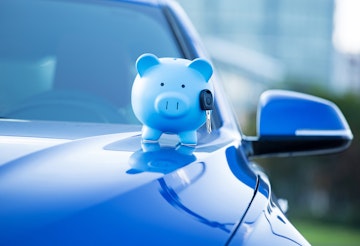
pathdoc/shutterstock.com
Types of Car Loans
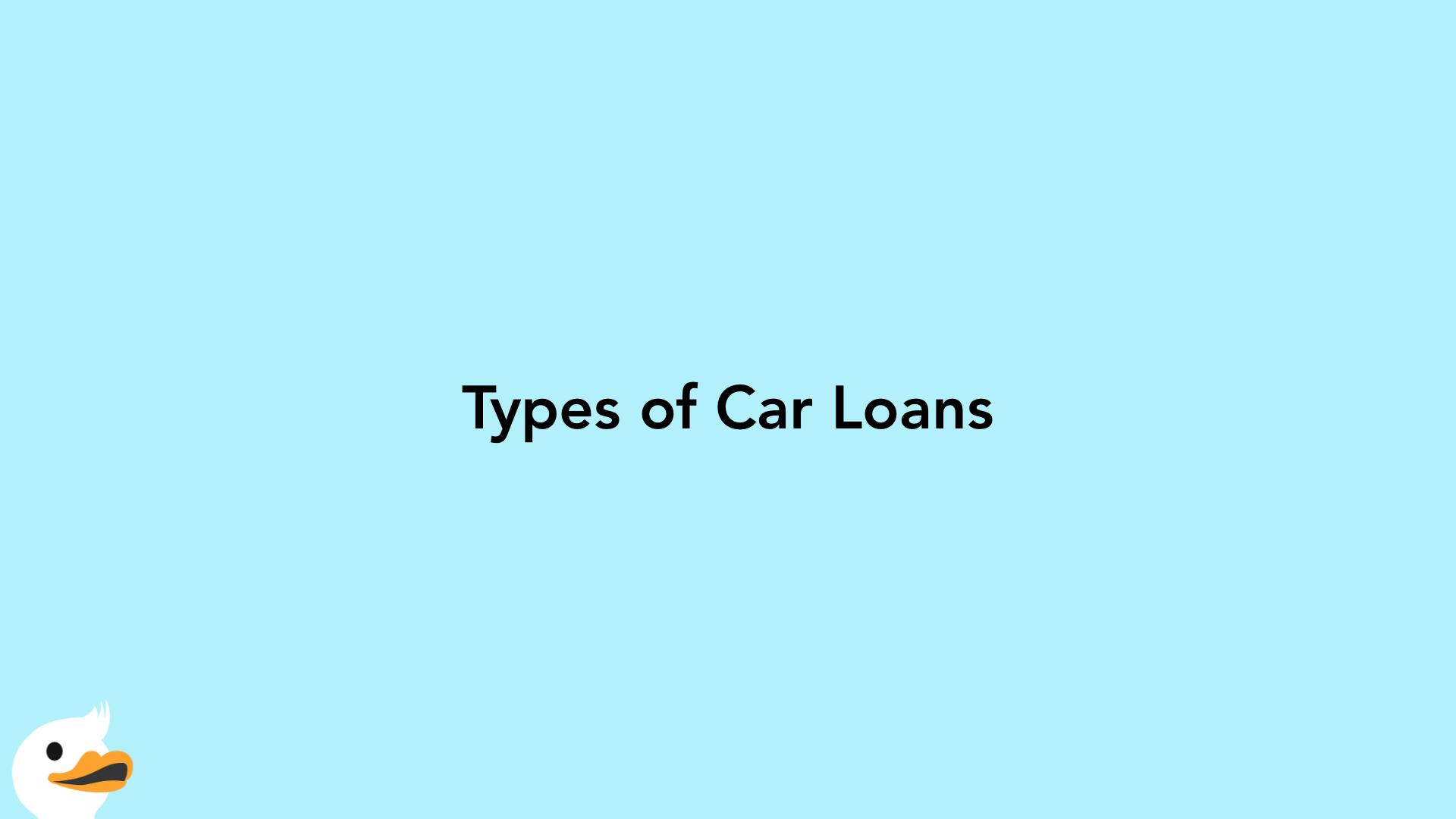
There are 3 main types of car loans: the car dealer’s in-house financing package, a bank loan through the car dealership, or taking out a car loan directly from the bank.
A car dealer’s in-house financing package is where the dealership finances the cars themselves. They do not rely on outside lenders to approve consumers for financing. Usually, they will accept all kinds of credit scores. However, read the fine print. They usually have higher interest rates and additional fees.
Some dealers also offer a bank loan. This means that the dealer collects your information and forwards that to one or more prospective lenders. They will quote an interest rate to the dealer to finance the loan. This is known as the “buy rate.” The interest rate that the dealer negotiates with you will likely be higher because the dealers are compensated for handling the financing.
You can also deal directly with the bank lender themselves. They will “pre-approve” you for the loan and give you a quote or a conditional letter before you go to the dealership. This is the highest chance for an interest rate in your favor because fewer parties are taking a commission. This is known as fixed rate financing because the monthly interest payment is constant over the entire loan tenure.
For this article, we will consider the third type of car loan: dealing with your bank lender directly. This is usually the best option for most consumers because it makes the most financial sense.
Decide What Your Budget Is

First, you need to decide how much you can afford to pay monthly. In Singapore, the TDSR (Total Debt Servicing Ratio) is an official regulation that applies to your car loan. It essentially means that you can’t use more than 60% of your income to repay loans. This is including your house payments or any other credit card bills you may need to pay. Too many debts will eat away your regular income, making you a high-risk borrower. Furthermore, experts say it is best to keep your auto loan payment to less than 20% of your monthly income.
Remember, your budget is calculated after you have already saved enough for a downpayment. If the market value of the car is less than or equal to S$20,000, you must have a 30% cash downpayment. If the market value of the car is more than S$20,000, you must have a 40% cash downpayment. For this reason, before you can apply for a loan, you need to know approximately how much your vehicle is going to cost. You will then be able to calculate how much downpayment is required.
Furthermore, aside from the car loan itself, there are maintenance costs, insurance costs, taxes, and other bills that come with owning a vehicle. According to the Singapore government’s Ministry of Communications and Information, the amount you will likely pay for your car is approximately S14,000 annually. For example, in a year, you will likely pay a road tax (S$564), insurance (S$2,000), serving and repairs (S$2,000), petrol (S$2,880), parking (S$5,280), and electronic road pricing or ERP ($2,112). Of course, these estimates will vary from person to person. Make sure you include these costs in your budget for when you own your own vehicle.
Calculate How Much You Need to Borrow
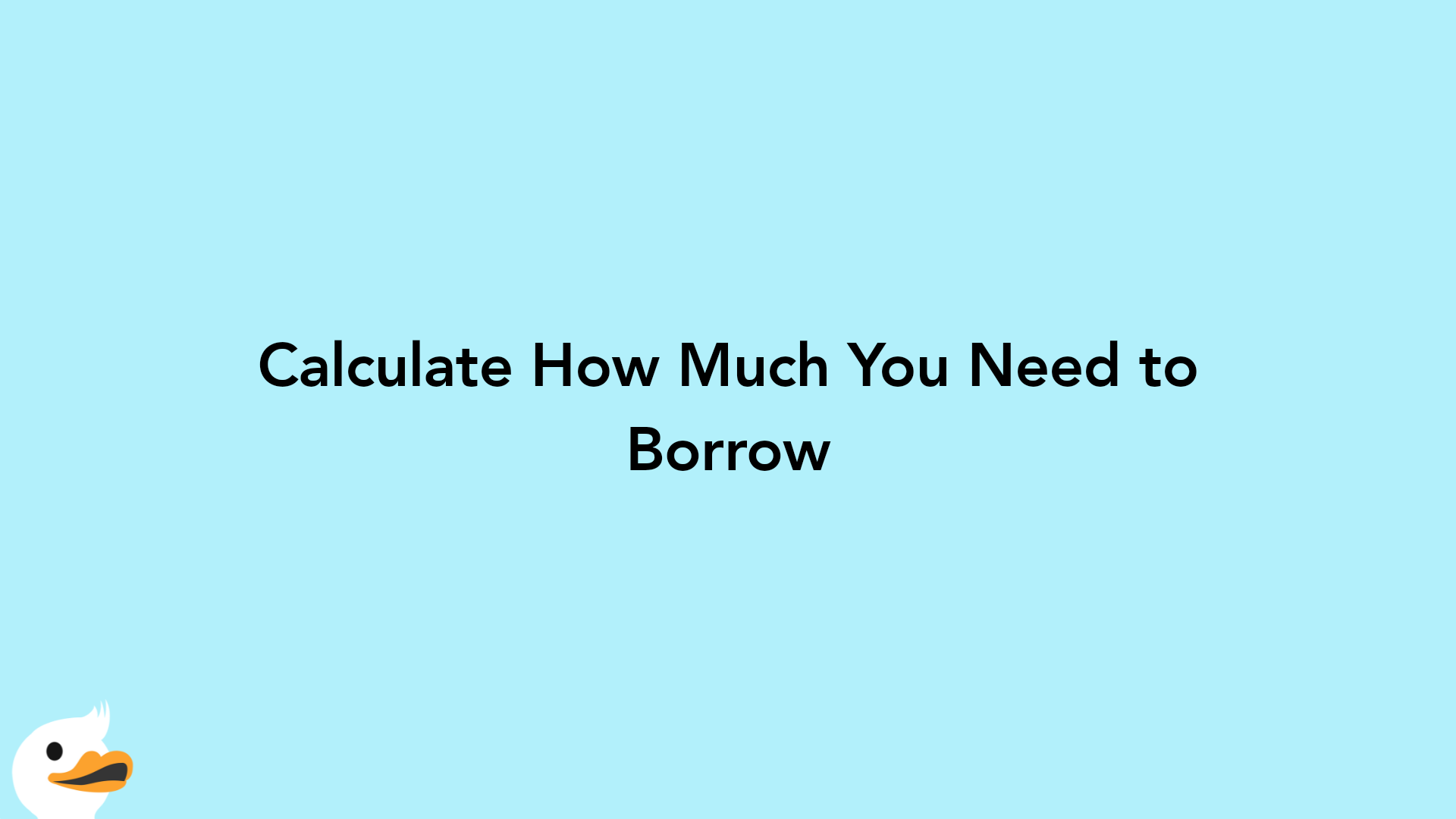
Another thing to consider is the monthly installment. You want to get the shortest loan tenure you can afford to reduce the amount of interest that you pay. By knowing how much you can afford to pay monthly, you can calculate the loan tenure that is best for your situation. It is advisable to utilize the online car loan calculators to see if you can truly afford the vehicle.
It is worth noting that car loans can only be used for the first 10 years of a car’s life until it is considered to be “worthless.” As a result, if you are buying a used car that is 8 years old, the maximum loan tenure is 2 years, since it only has 2 years of worth left.
Determine How Flexible You Want Your Loan to Be

If your car loan has flexible payment options, you may be able to make additional payments and pay off your car loan early without penalties.
Let’s run some numbers
Let’s say you make a monthly income of S$8,000. You have been saving for a new of years. You can afford a monthly payment of about 13%, according to your budget. As a result, the maximum payment you can afford is S$1,040.
You want to buy a S$100,000 car with an OMV of S$20,000. This means that you can only finance 70% of the purchase, or S$70,000, and need a 30% downpayment, or S$30,000. By running a car loan calculator, you see the interest rate ranges from 2.68% to 2.78%. You choose the 2.68% interest rate with Standard Chartered. With a 7-year loan tenure, you would pay $990 a month. With a 6-year loan tenure, you would need to pay S$1,129 a month. With a 5-year loan tenure, you would need to pay S$1,323 a month. You opt for the 7-year package because that is what you can comfortably afford. At the end of the 7 years, you would have paid back S$83,132, including S$13,132 in interest.
Additional Information
Unfortunately, there are a few fees that you should also be aware of. Most banks charge a processing or administrative fee of at least S$200. The bank can usually waive this fee if the loan amount is above S$20,000. Remember, when we talked about loan flexibility? Most loan packages have an early settlement fee. This is a penalty, of at least 1% of the outstanding loan, that is charged if you pay off the loan early. Sadly, on top of the early settlement fee, most banks also charge an unpaid interest fee. This is typically 20% of the unpaid interest amount. It is critical that you do the math and make sure your savings outweigh this fee.
Final Thoughts

Owning your own car gives you freedom, convenience, and can be quite luxurious. However, it comes with a hefty financial cost and responsibility. By weighing and calculating the costs first, you will be able to budget for what you truly can afford and be able to pay off this debt safely and sensibly.

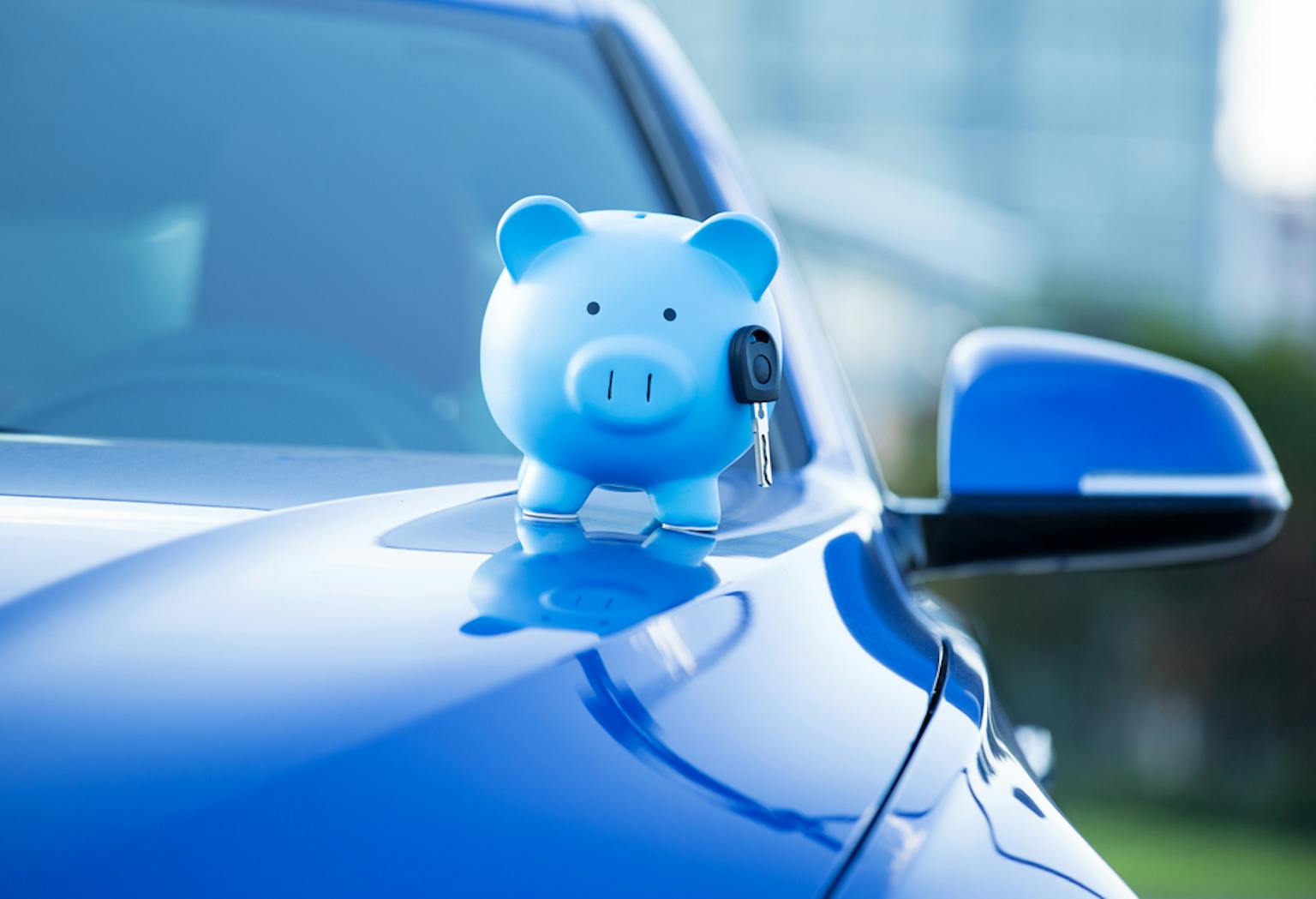






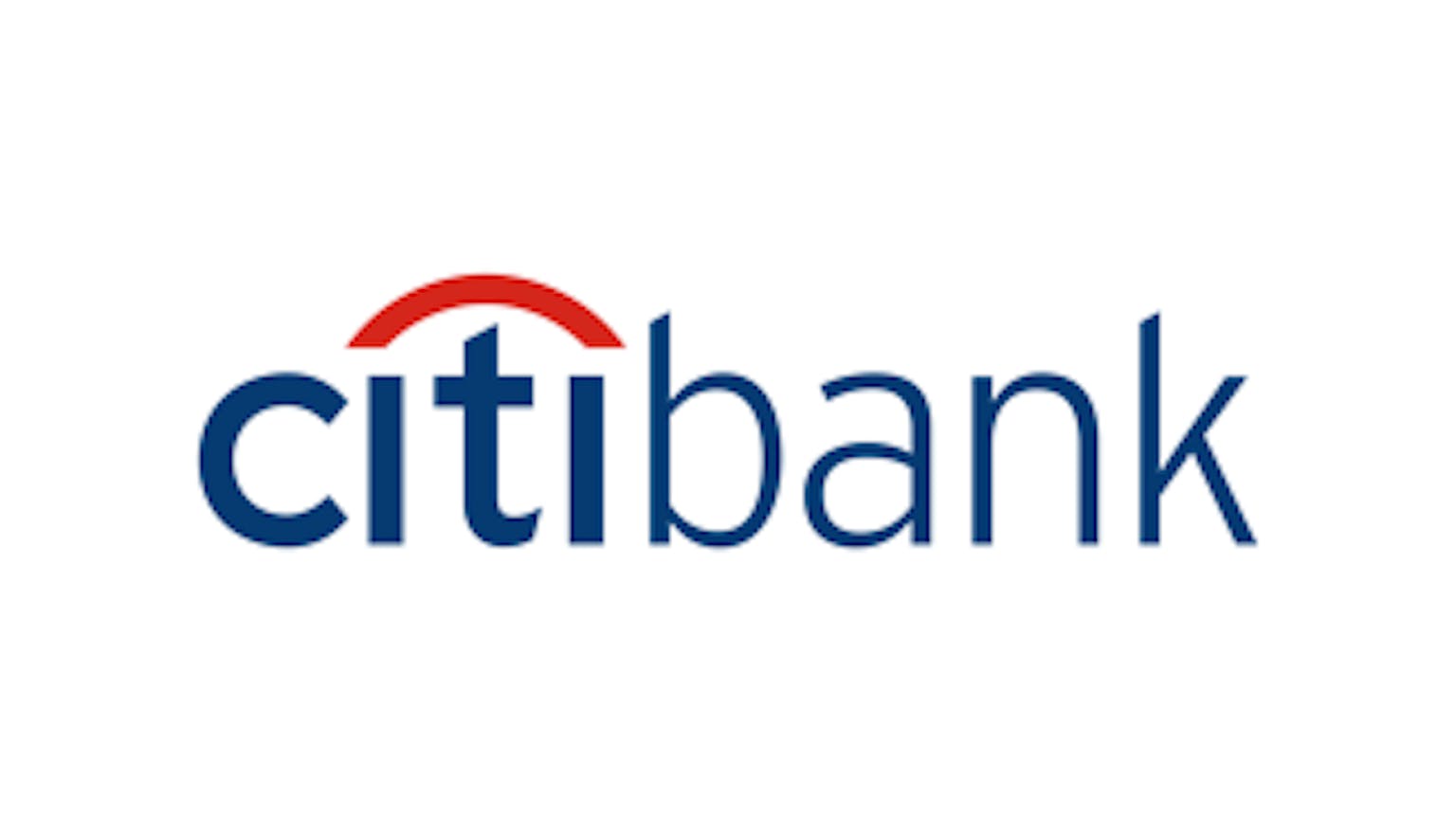

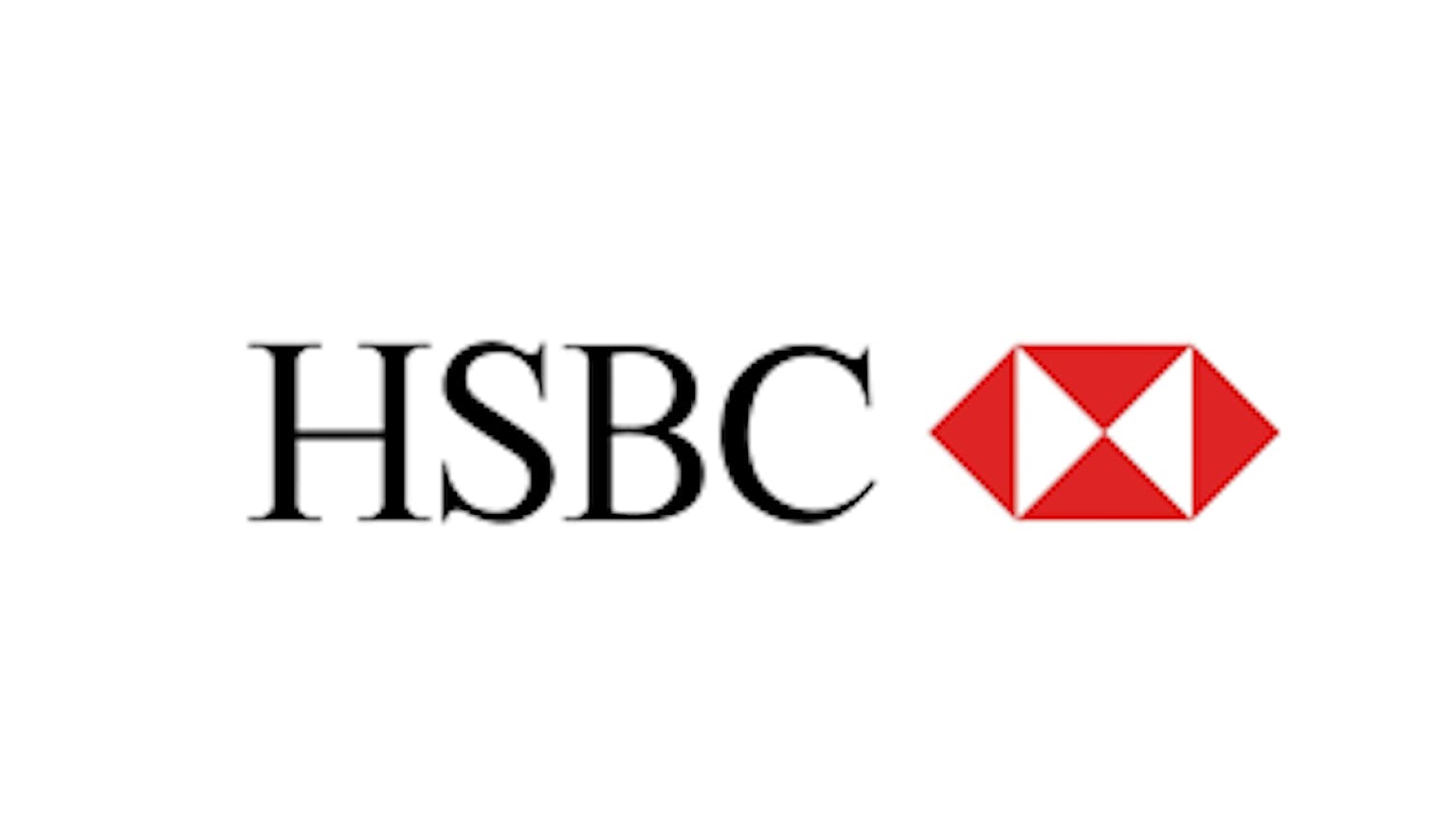
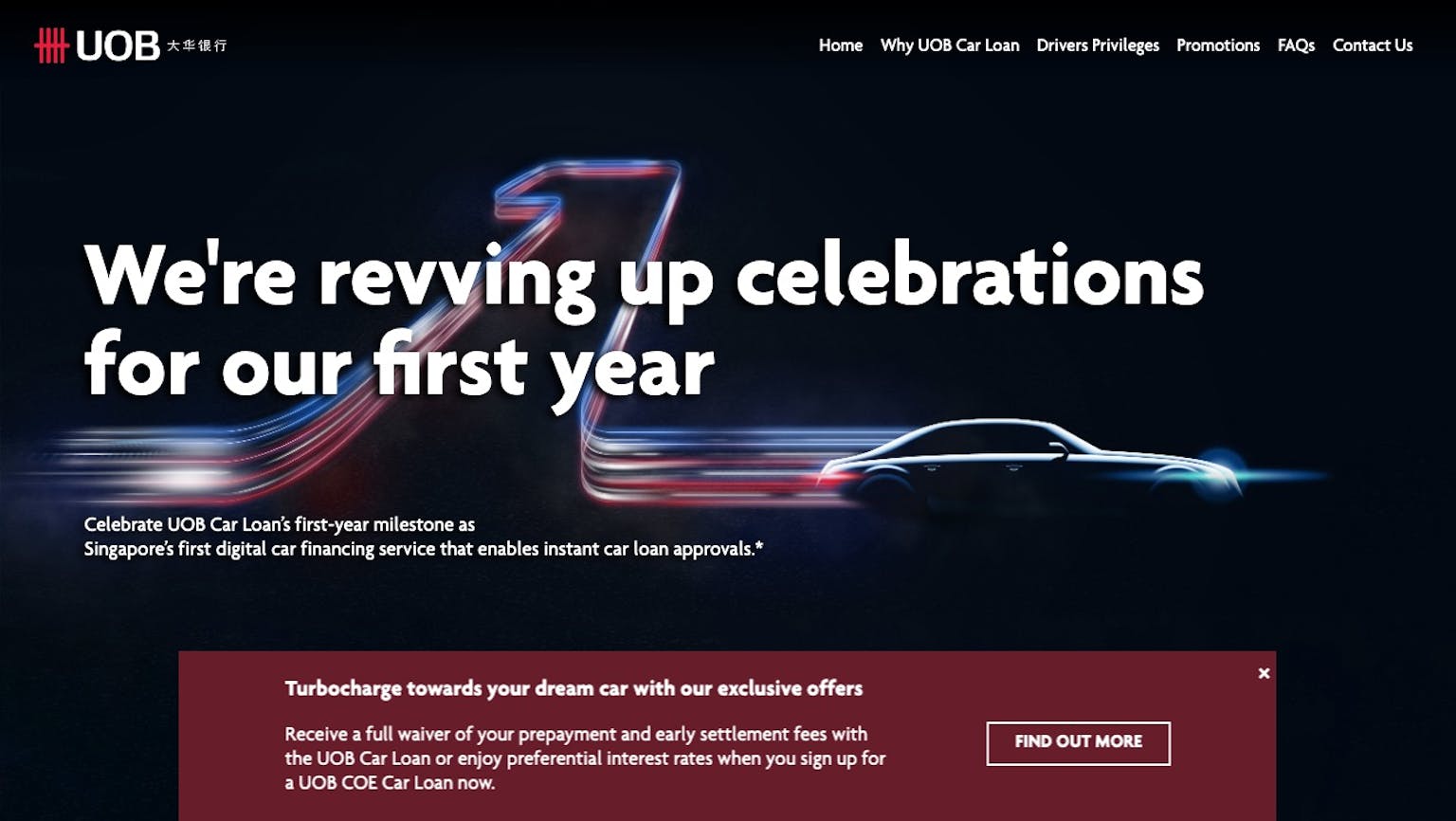

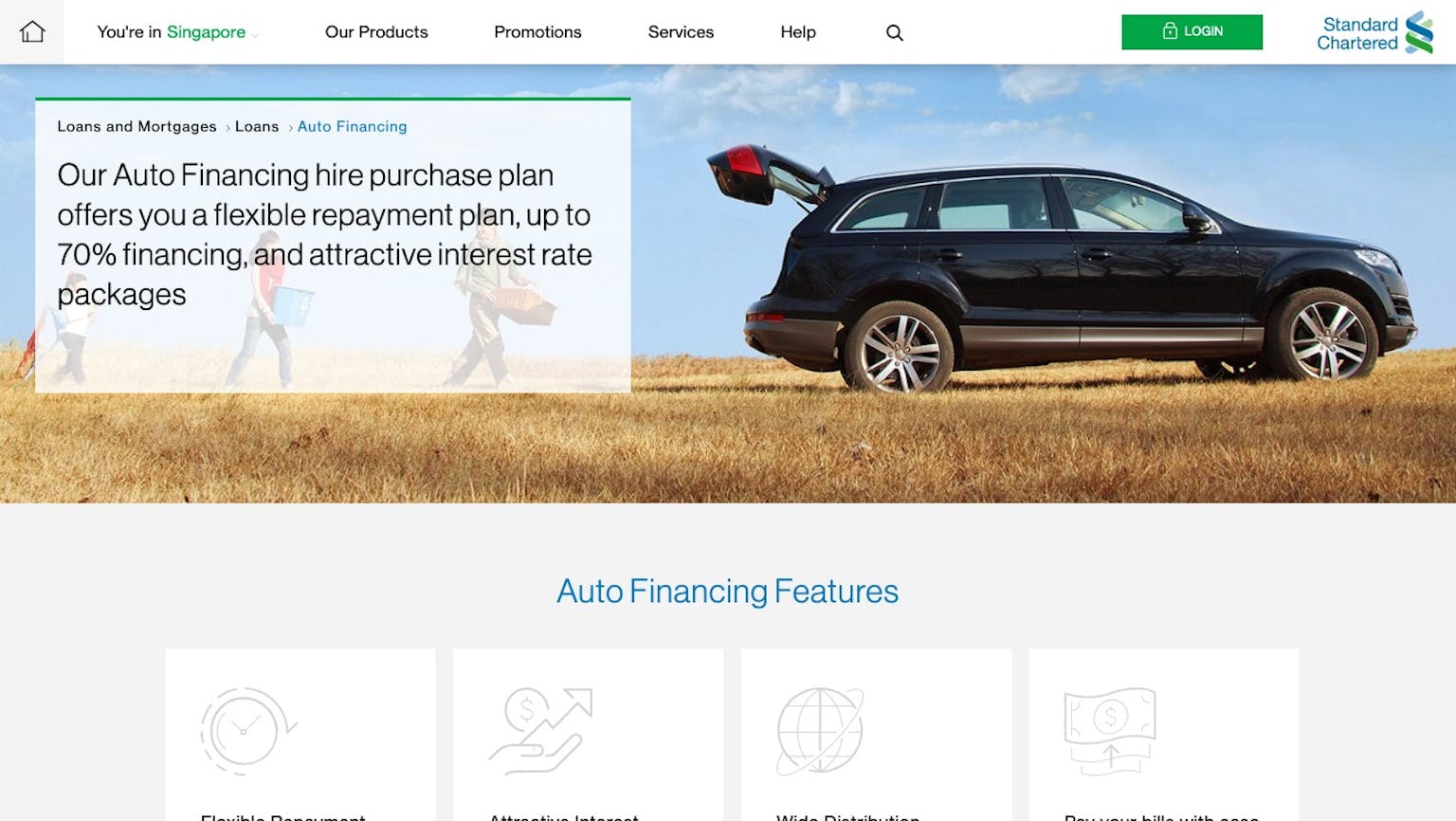
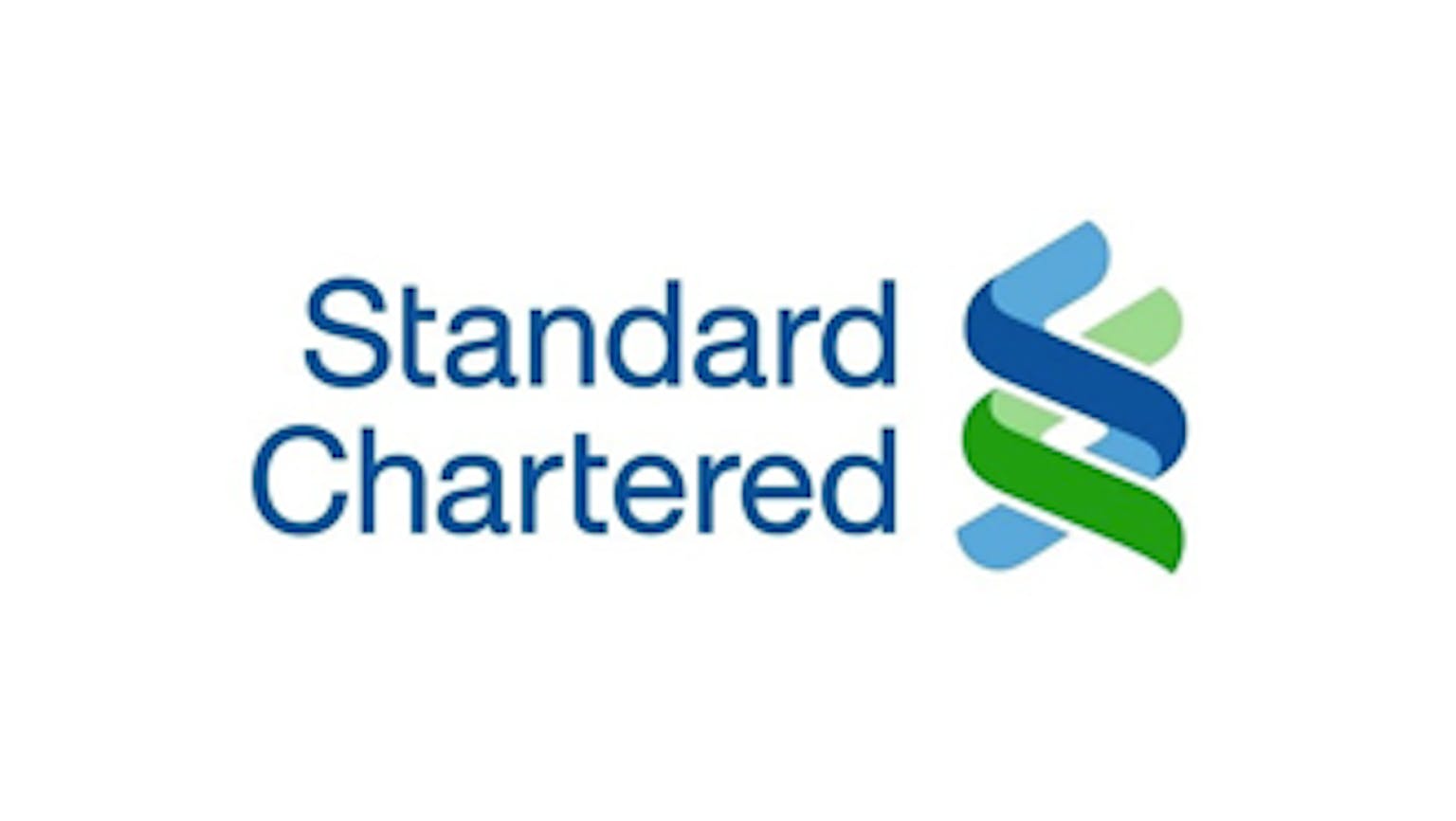
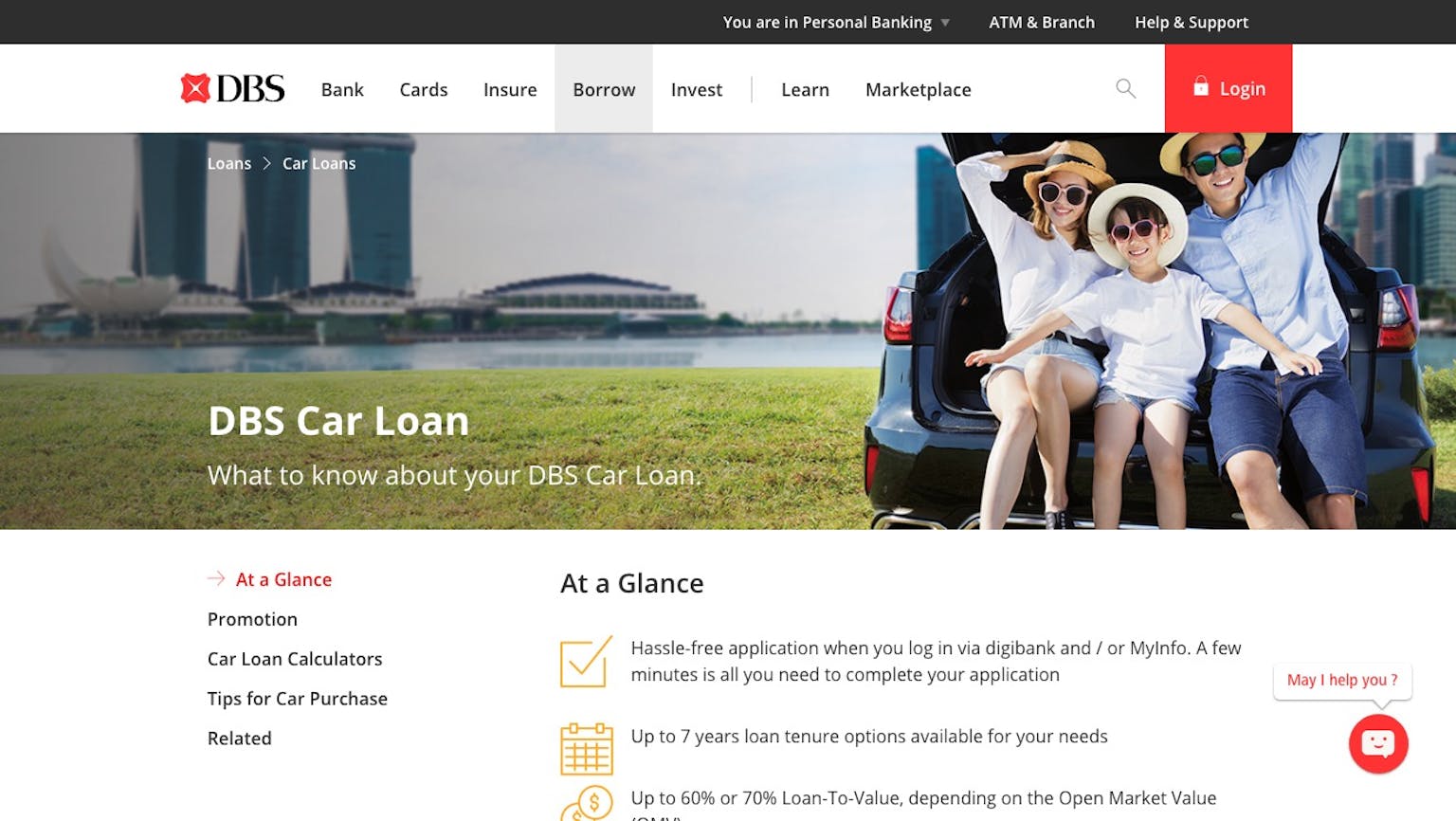

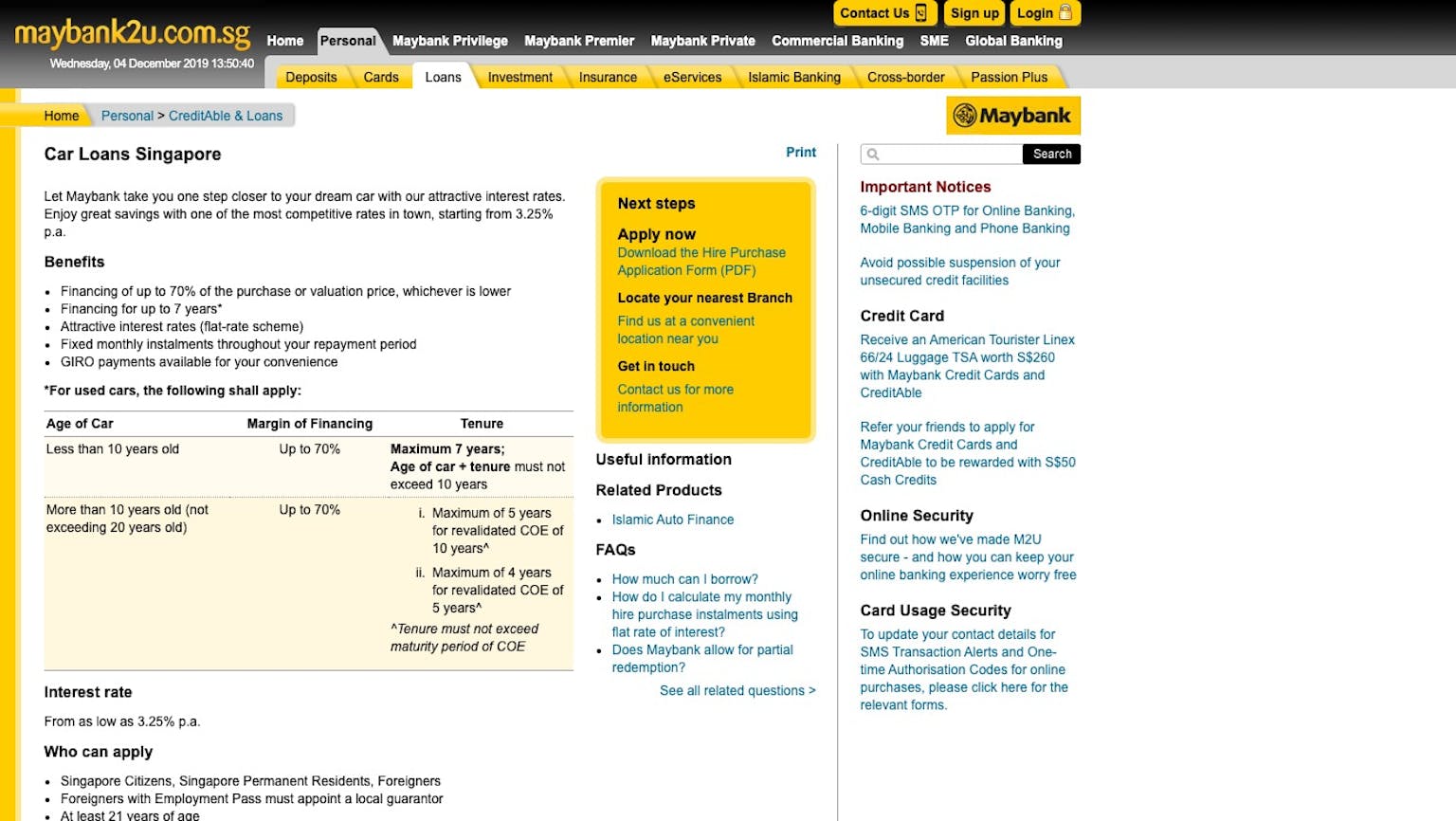
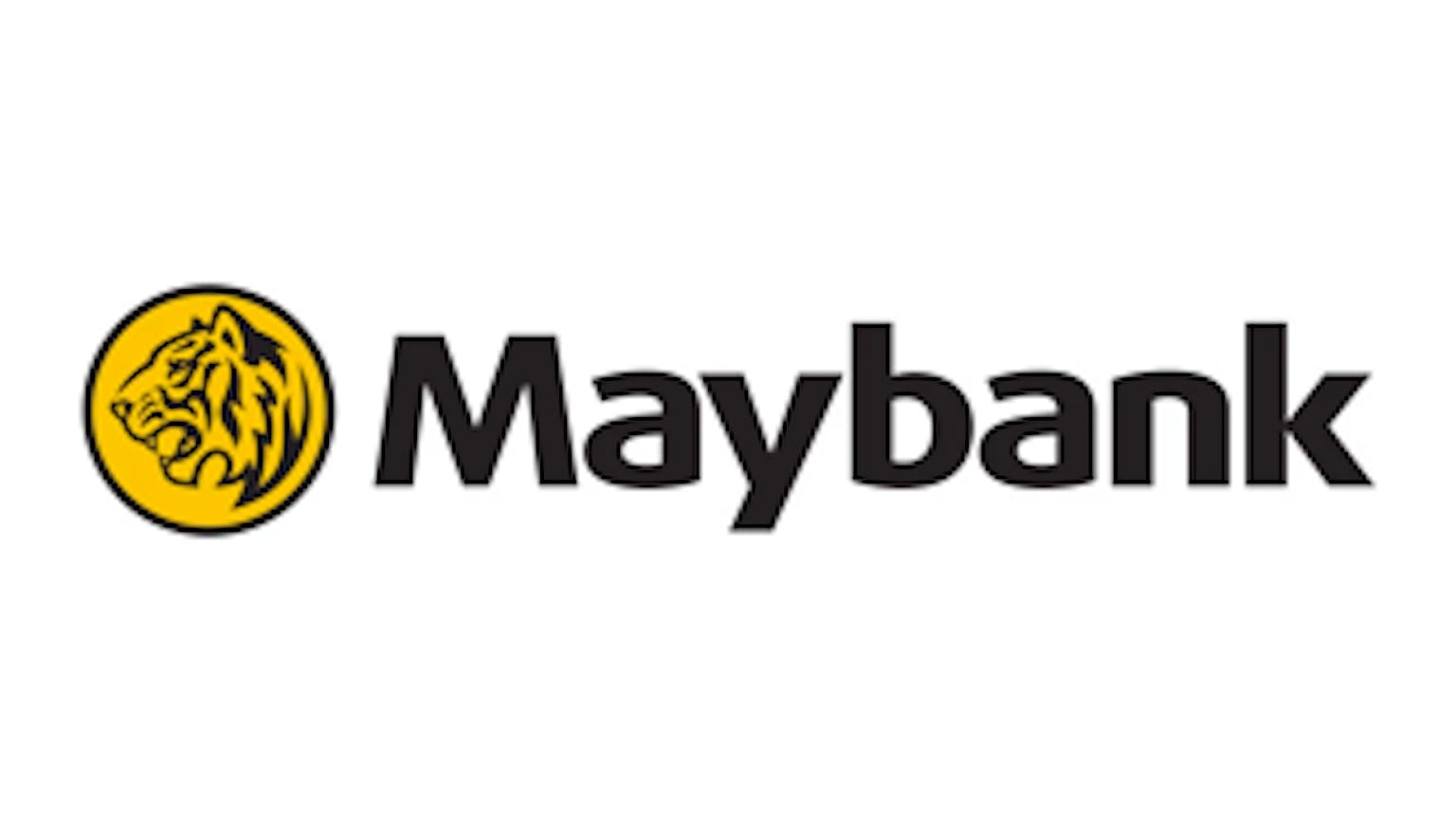

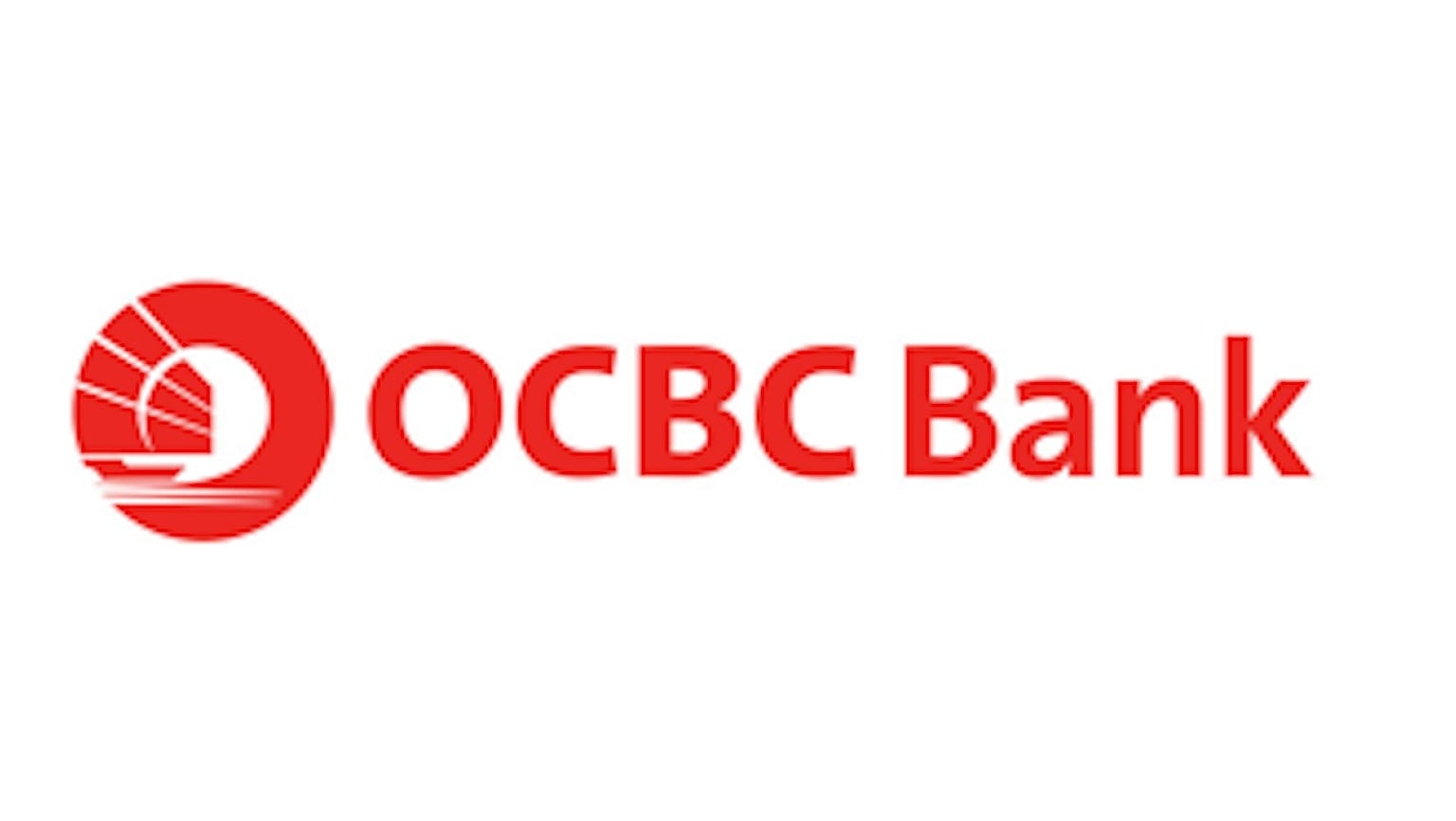


Please leave your knowledge and opinion!